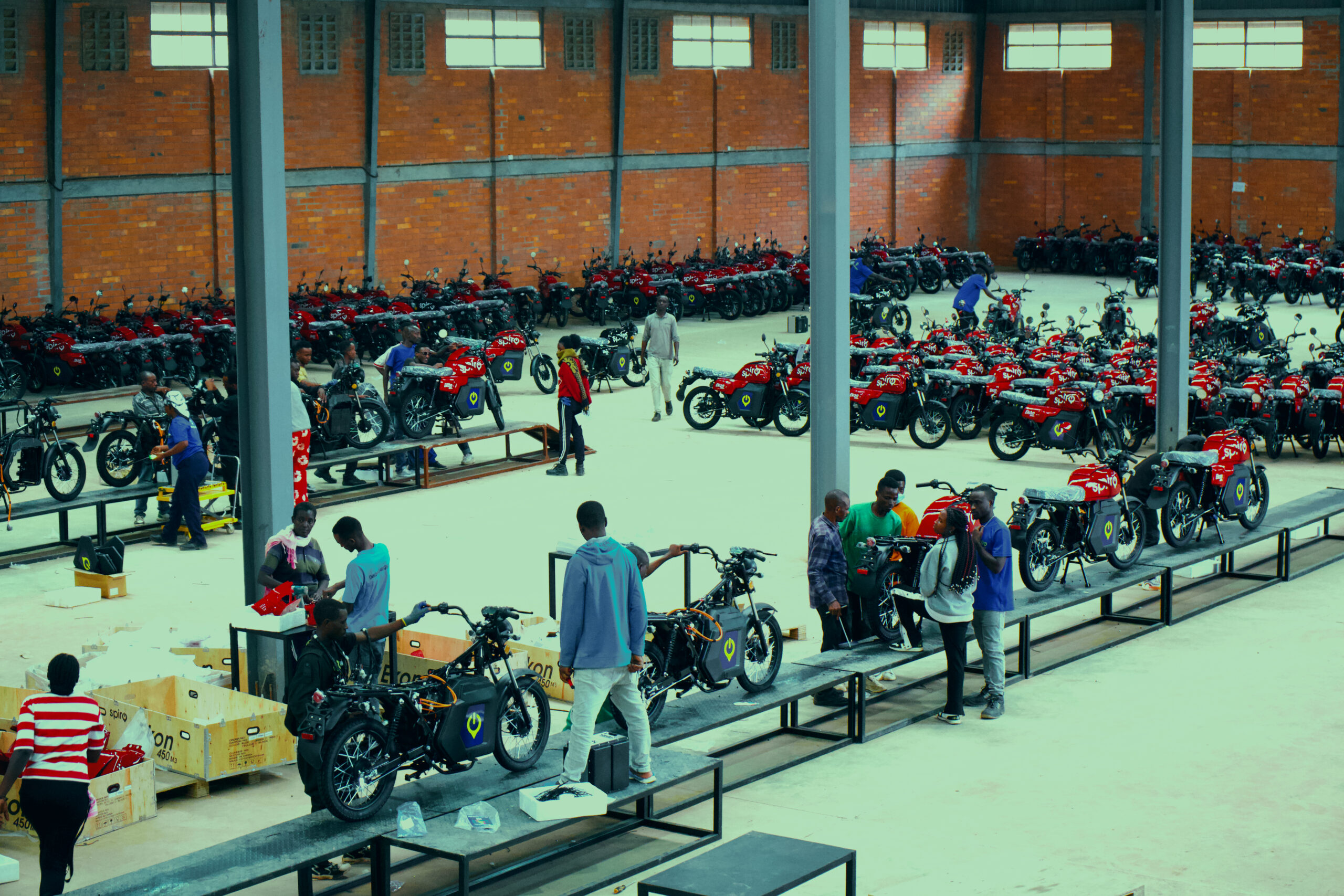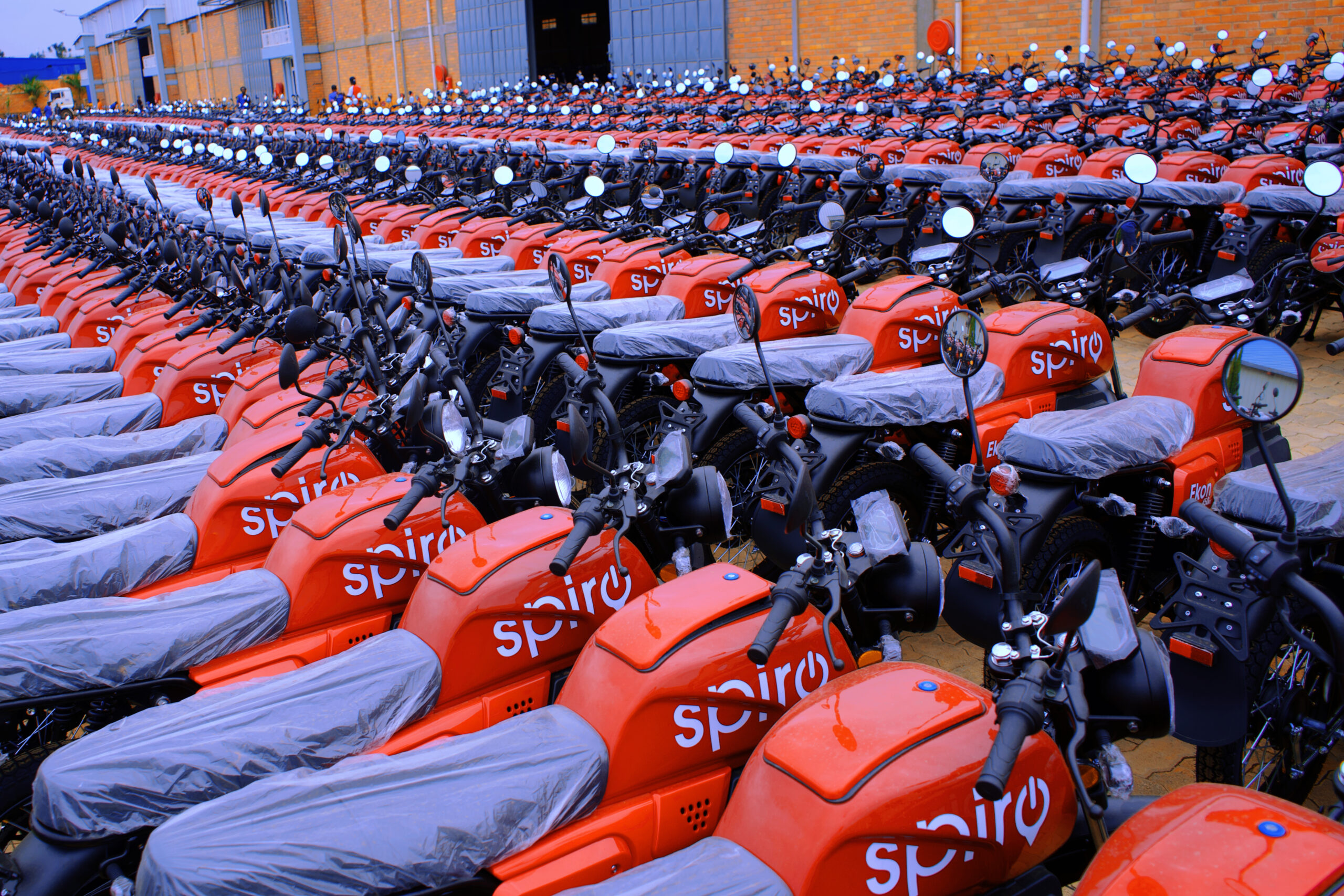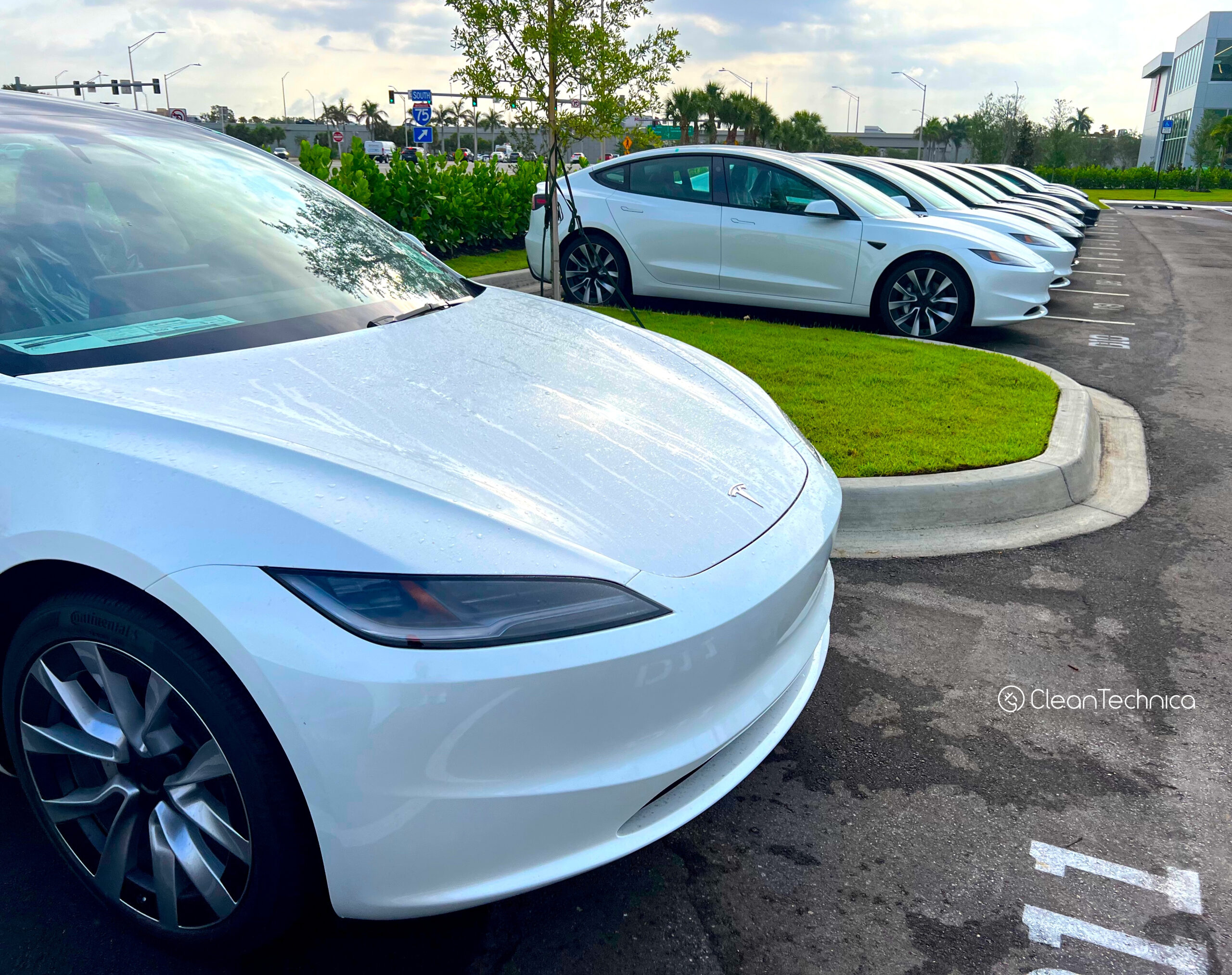Support CleanTechnica’s work through a Substack subscription or on Stripe.
Spiro expects to surpass 100,000 deployed electric motorcycles within 2025 — a 400% year-over-year jump. Before this latest round, Spiro had secured more than $180 million from Equitane and Société Générale. That brings the total funding secured by Spiro so far to $280 million!
We have been covering the developments in the African electric vehicle sector for over 7 years now — from the early days of a few startups converting one or two internal combustion engine motorcycles in small warehouses to electric, to seeing the sector grow to over 100 players in the industry. Most of these companies started their operations locally to address the pain points mass market motorcycle taxi operators face, such as increasing fuel and maintenance costs associated with operating internal combustion engines. The motorcycle sector is a key pillar of the African transport landscape, especially in East, Central, and West Africa, where motorcycle taxis provide transport for millions of people everyday. Estimates say there are around 30 million internal combustion engine motorcycles in Africa serving nations across the last-mile logistics and taxi sectors.
The move towards electric vehicles in Africa, especially in the electric motorcycle sector, has mainly been driven by the private sector by small startup companies. Most of the developments in Africa’s electric motorcycle sector have been concentrated along what is now known as the “boda belt.” The boda belt, a term coined by Tom Courtright, is a stretch of countries on the African map where motorcycle taxis have been prominent over the years. This belt stretches from Dar es Salaam, Tanzania, to the outskirts of Dakar, Senegal. There is also significant activity in North African countries such as Morocco, where smaller scooters are used mainly for personal transportation, unlike in East Africa and West Africa, where most of the activity is for commercial transport purposes.
To give an example of the progress made in one of the key markets, let’s take a look at Kenya. There are over 2 million internal combustion engine motorcycles in Kenya. This presents a large addressable market for electrification. Thanks to an enabling environment, the progress towards electrification of the motorcycle taxi industry has been impressive in Kenya, growing faster than most people had thought it would. In 2024, the penetration of electric motorcycles sold in Kenya reached an impressive 7%, as several companies are now scaling from early pilot programs to early commercialization. From what we are hearing from players in the industry, sales of electric motorcycles so far in 2025 have been even better, so we can look forward to at least 10% market share for 2025. As the sector is starting to mature and move from early commercialisation to full commercial operations, scaling at these levels requires a lot of capital.
Spiro, one of the leaders in the African mobility space and the leader in the African electric two-wheeler sector and battery swapping sector, today announced a landmark $100 million investment round, the largest investment in African two-wheel electric mobility ever. This includes $75 million from the Fund for Export Development in Africa (FEDA), the development impact investment arm of the African Export-Import Bank (Afreximbank). Spiro says the investment emphasizes confidence in Spiro’s mission to provide affordable and accessible mobility to the masses while transforming Africa’s clean energy and urban transport sectors.
“Africa is at an inflection point in personal mobility. Riders are rapidly shifting from internal combustion motorcycles to Spiro’s more affordable and accessible battery-swapping ecosystem and motorcycles. For the first time, riders are embracing sustainable transportation because it performs better, costs less to operate, and offers greater profitability than traditional gas-powered vehicles,” says Kaushik Burman, CEO of Spiro. “This landmark $100 million investment underscores our shared vision to build a pan-African battery-swapping infrastructure that empowers riders with reliable, sustainable energy and mobility across the continent.”
Most of the operators in the African two-wheeler sector have adopted a model that unbundles the battery pack from the motorcycle. They then become essentially an energy as a service company, providing battery swap networks for electric motorcycle riders to seamlessly swap batteries with low state of charge after using their bike for their daily operations, such as motorcycle taxis, for fully charged ones at the various swap stations around the city or country. This model lowers the barriers to entry for riders, as acquiring an electric motorcycle becomes more affordable, and in the case of Spiro, the motorcycle is even cheaper than an equivalent ICE motorcycle. Motorcycle riders then benefit from lower operating costs through energy access charges at these swap stations compared to fueling up an ICE motorcycle. In order to ensure that riders have access to swap stations at their convenience, rolling out an extensive swap station to meet this need then becomes capital intensive. This is where these funding rounds, such as the one announced by Spiro today, will help make this a reality and accelerate the adoption of e-mobility in the continent’s two-wheeler market.
Spiro will use the funding to expand its industry-leading battery-swapping infrastructure across existing and new markets while further strengthening its technology platform. Spiro expects to surpass 100,000 deployed vehicles by the end of 2025, reinforcing its leadership in Africa and positioning the company among the world’s foremost battery-swapping providers. At the moment, Spiro has more than 60,000 electric motorcycles, over 1200 battery swapping stations, and more than 26 million battery swaps to date. Spiro has achieved over 800 million km of low-carbon emissions travel, transforming mobility and economies through substituting expensive imported fossil fuel-based transportation with affordable, accessible, and sustainable solutions.
It’s incredible how much progress has been made in Africa’s electric two-wheeler market over the past 3 years. We used to be excited to see hundreds of electric motorcycles get on the road, but now we are talking of tens of thousands of electric motorcycles being added to the mix in a few months!
“We are delighted to partner with Spiro on this transformative initiative. Our investment reflects Afreximbank’s strong commitment to building a competitive and sustainable mobility sector in Africa,” said Professor Benedict Oramah, president of Afreximbank and chairman of the boards of directors of Afreximbank and FEDA. “Together, we are laying the groundwork for a new era of intra-African trade and industrialization by stimulating local vehicle manufacturing, strengthening regional integration, and enhancing trade flows. At the same time, we are focused on creating skilled employment opportunities and reducing the continent’s reliance on imported second-hand vehicles.”
Spiro operates Africa’s fastest growing and largest battery swapping infrastructure, operating commercially in six African countries that include Kenya, Uganda, Rwanda, Nigeria, Benin, and Togo. The company recently launched pilot programs in Tanzania and Cameroon. Before this latest round, Spiro had secured more than $180 million from Equitane and Société Générale, reinforcing investor confidence in the company’s long-term growth strategy. That brings the total funding secured by Spiro so far to $280 million!
“We are proud to welcome FEDA as a strategic investor as we accelerate the growth of Spiro’s mission to transform mobility, energy storage, and distribution across Africa,” said Gagan Gupta, Founder of Spiro. “Spiro’s rapid expansion into new markets reflects the continent’s strong appetite for clean, affordable, and efficient transportation. As we expand our battery swapping infrastructure and integrate renewable energy sources into our energy mix, we are positioned to unlock substantial upside in Spiro’s energy distribution.”
“Spiro’s success to date is a clear demonstration of the strength and scalability of its business model,” said Marlene Ngoyi, CEO of FEDA. “The company’s rapid growth and strong market adoption underscore the significant demand for affordable, sustainable mobility solutions across Africa. With its integrated approach, Spiro has built a platform that is both commercially viable and socially impactful.”
Pretty awesome stuff is now happening in the electric mobility sector in Africa. The beauty of it is all of this has evolved from companies on the ground in Africa innovating to solve local challenges from a local perspective, therefore working to address real pain points, being relatable to local nuances, and driving more adoption. The transition to electric is well underway in the African two-wheeler market, and the transition is happening faster than a lot of people thought it would. Exciting times ahead!
Images courtesy of Spiro
Sign up for CleanTechnica’s Weekly Substack for Zach and Scott’s in-depth analyses and high level summaries, sign up for our daily newsletter, and follow us on Google News!
Have a tip for CleanTechnica? Want to advertise? Want to suggest a guest for our CleanTech Talk podcast? Contact us here.
Sign up for our daily newsletter for 15 new cleantech stories a day. Or sign up for our weekly one on top stories of the week if daily is too frequent.
CleanTechnica uses affiliate links. See our policy here.
CleanTechnica’s Comment Policy






